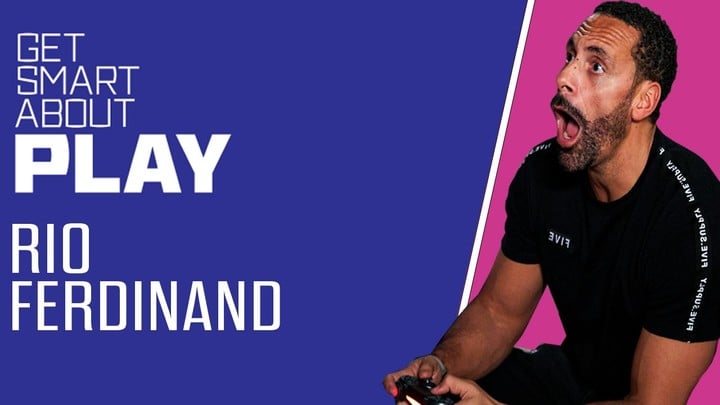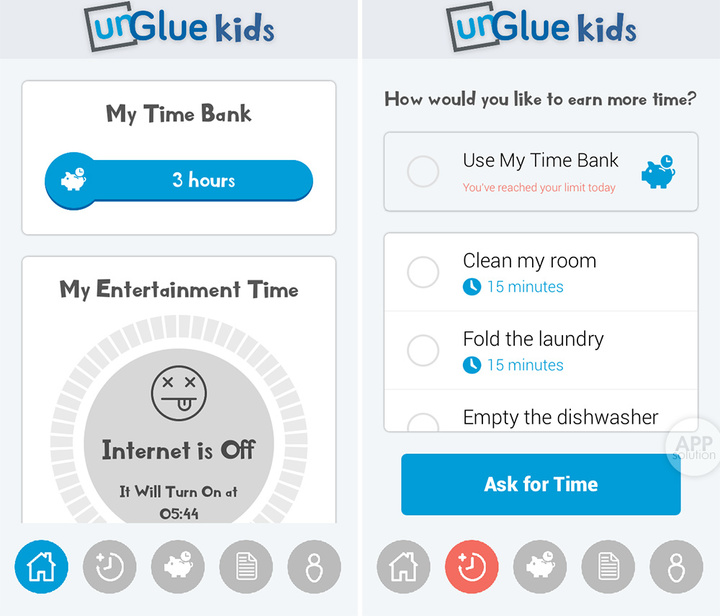Play less games, don’t even have your eyes.
The score has dropped again. Don’t even think about playing your game in the future.
When I go back, I’ll give away all your game consoles, lest you play without eating or sleeping every day.
Are you familiar with these words? Is it a lesson you often heard when you were a kid? When you start to play the game, your “pot” of decline in performance, loss of appetite, poor energy, too late sleep, and vision loss are all taken by the game. Of course, there are some “pots” in the game. After all, playing a game for too long is really bad for your eyes. If you spend too much time on the game, the time for studying, eating, and sleeping will be reduced accordingly.

But from this point of view, the “game mistaken country” is really an exaggeration. Existence is reasonable. The game has increased the gross domestic product of the country, allowing players to find a space to release their passion, and even giving many young people a professional goal to become game planners, designers, screenwriters and e-sports players.
The game is not mistaken, it will be mistaken if you are addicted to it. Instead of blindly denying and stopping children from playing games, it is better to think of a way to keep children from being addicted and playing smart.
Ukie has partnered with retired footballer Leo Ferdinand to launch a “ Play smart ” activity. This activity encourages more parents and guardians to use the function of parental control. Through the activity, the parent’s ability and awareness of using digital technology for management intervention are improved. From screen time to in-game purchases, everything can be controlled by parents, allowing children Play appropriately.

This project is smarter, and he provides some more effective methodological guidance to parents who are decades away from their children. It tells more parents that whether they can successfully control their children’s obsession with video games is the key to parenting. As parents, they need to be responsible for their child ’s experience with electronic products when they are young and not in control, and they must control the situation.
Jo Twist of Ukie just Say :” If a child gets a bike at Christmas, we hope that they will also get the corresponding stabilizer-family control is no exception. “
Parents used to teach their children to walk, talk, take chopsticks, ride a bike, swim … Today, parents should teach their children more basic skills, perhaps the ability to control digital life. How to use electronic equipment? How to keep yourself from overuse? In addition to parental preaching, digital tools are also important.

▲ Picture from: Daniel Cheung on Unsplash
Whether it is Android or iOS, there are special parental control modes that can limit the time and amount of electronic products used, and allow children to use electronic products in a limited manner. Not to mention that almost every game platform has now added child protection mode, “allow everyone to play games responsibly.” Protecting minors is not a joke.
But the problem is that young children are now playing with electronic products. Parents really do n’t have kids who are good at this. A study by the British Society for the Prevention of Child Abuse last year found that only 19% of parents between the ages of 5 and 15 use home-controlled, connected devices.
Parents who guide their children and teach their children ’s feelings about the game platform are very complicated. In addition to pure anger and worry, in fact, their attitude also has fear.
Parents who grew up playing marbles and weaving baskets have not been exposed to such new things, so when facing such content, they have more fear than disdain. Under the influence of public opinion, their perception of games is partial, but it is also difficult for children to give up these games blindly. Most parents would not think of restricting them from the setting of the games themselves.

▲ Special home control app unGlue.
Consumers are frustrated when faced with constantly changing electronic devices. But this time the role happens to be parents. In addition to their own frustration, their response will also affect the children of the next generation.
Ferdinand advises these parents to be more involved in their children’s games, not to be afraid of rapidly developing technology products, or to ignore them.
Play games with your children, get acquainted with the game rules you have written, and use the parental control features that have been available for ten years to update a new generation of hardware products. Play games with them, from three or four-year-old puzzle games to teenage gun battle games, you can help children avoid bad content, and also get exclusive happiness from the game, which is also how you adapt to this world One way.

▲ Picture from: Fatherly
Today ’s children are truly “digital aborigines.” The way they understand the world is very different from the environment in which parents live, but they still need help.
Starting with game control and participating in the “modern” life of your child, this has become a required course for parents. Faced with some minors who lack self-control, it is time to “take up the remote control.”
The picture is from Laura Dewilde on Unsplash